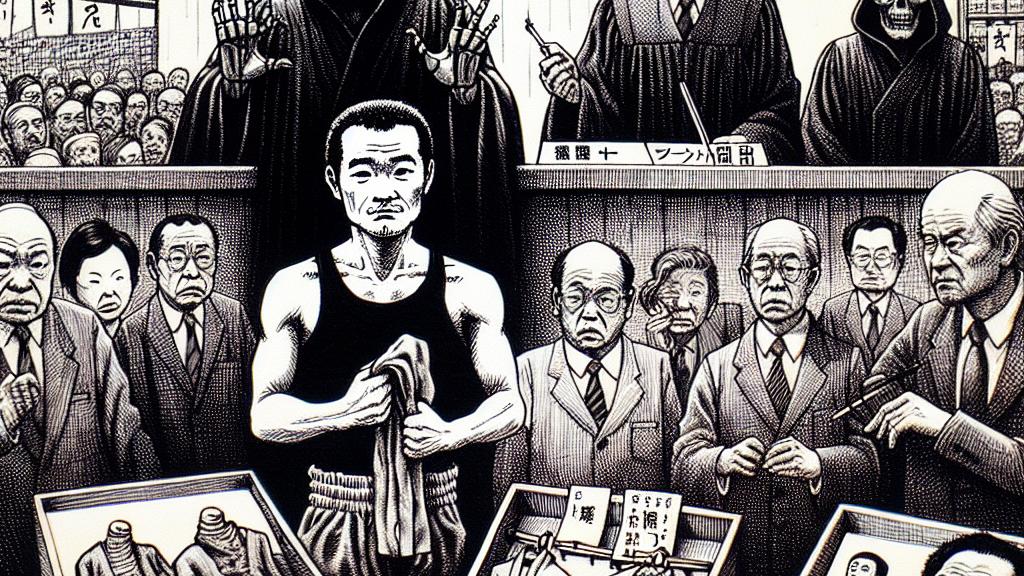Confirmation of Innocence for Iwao Hakamada After 58 Years
Overview
- Iwao Hakamada's horrific 58-year struggle culminates in the reversal of his murder conviction.
- In an unexpected turn, prosecutors opted against filing an appeal, establishing his innocence.
- At 88, Hakamada, once a death row inmate, can now embrace a future free from wrongful accusations.

Background of the Case
In Shizuoka, Japan, a tragic event unfolded in June 1966, when four family members were brutally murdered. The spotlight quickly shifted to Iwao Hakamada, a former boxer, who was arrested under dubious circumstances. Despite maintaining his innocence throughout, Hakamada faced a nightmare—he was wrongfully convicted and condemned to death. His life descended into a harrowing saga as he spent a staggering 44 years awaiting a fate he did not deserve. Years later, fresh evidence emerged, prompting a retrial. The court identified significant flaws in the prosecution’s case, particularly focusing on the five garments that had been falsely used to incriminate him—evidence that was later deemed to have been manipulated. This moment served as a stark reminder of the power and consequence of judicial errors, illuminating the essential need for reform in criminal justice procedures.
Prosecutor's Decision and Emotional Reactions
On October 8, 2024, a groundbreaking decision came from the chief prosecutor, who announced that the prosecution would not appeal the ruling that declared Hakamada innocent. This decision sent shockwaves through the legal community and elicited mixed emotions. While the prosecutor articulated his discontent with the court's findings, acknowledging the severe mistakes made, he also recognized the agony Hakamada had endured for decades. His sister's heartfelt response captured the moment, as she said, 'Finally, we can find peace after 58 years of relentless anguish!' This overwhelming sense of relief resonated throughout Hakamada's support network and among advocates for justice reform, illustrating a collective hope for a future where such injustices cease to exist. The emotional weight of this decision reached far beyond just one man’s release; it symbolized a monumental victory for humanity over a flawed system.
Broader Implications of the Verdict
The ramifications of Hakamada's case extend far beyond his individual experience, stirring crucial conversations about the integrity of Japan's criminal justice system. His ordeal spotlights systemic issues like coerced confessions and the manipulation of evidence, compelling many to confront the uncomfortable reality that similar failures could harm others. Indeed, Hakamada’s legacy could lay the groundwork for vital reforms; advocates are calling for comprehensive changes that bolster the evidentiary standards and protect against wrongful convictions. Moreover, the looming prospect of compensation—potentially exceeding two billion yen—brings forth essential discussions about accountability and the need for systemic reform. This case ignites a powerful movement for justice, establishing that no individual should ever endure such a profound violation of human rights. Thus, it represents a clarion call for safeguarding the principles of justice and humanity from future miscarriages.

Loading...